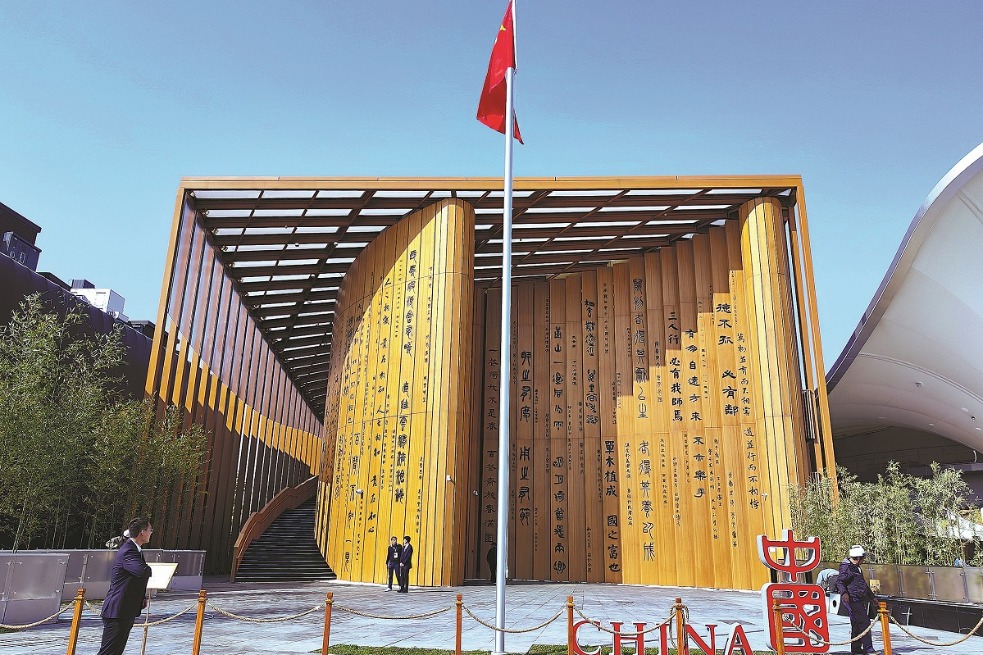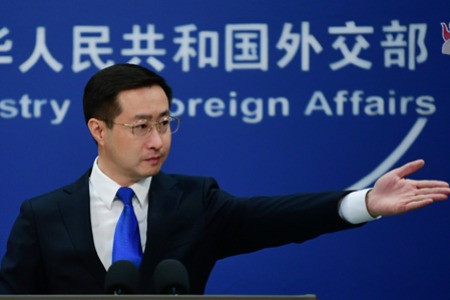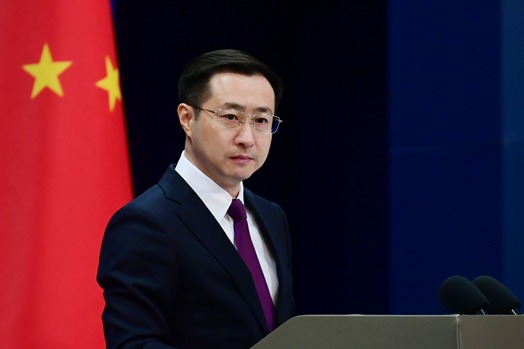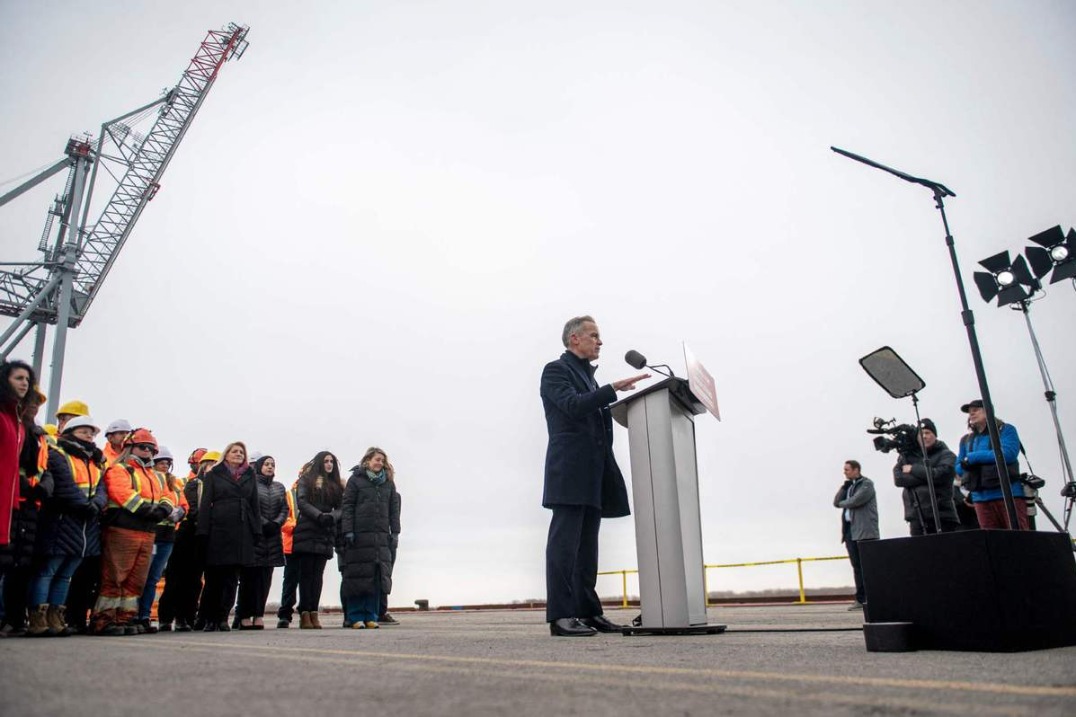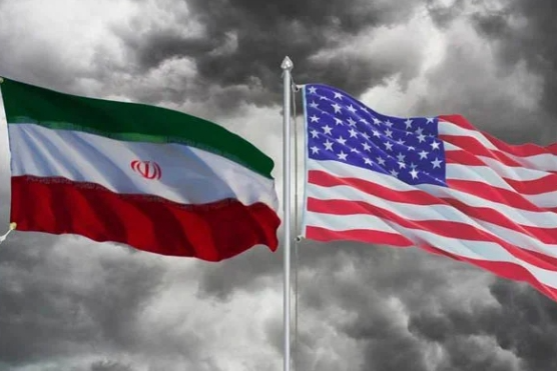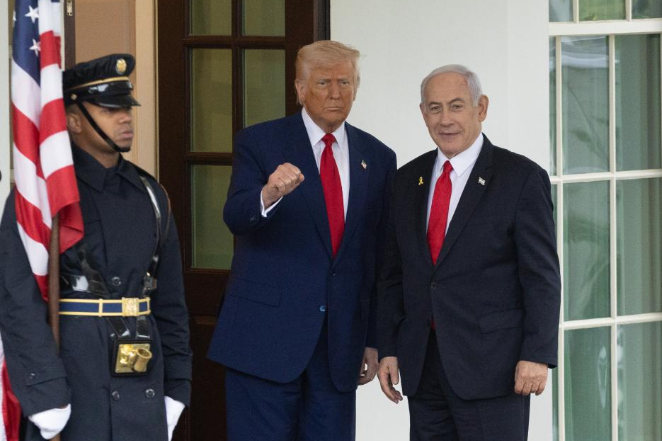UK needs to make large rate cut says economist

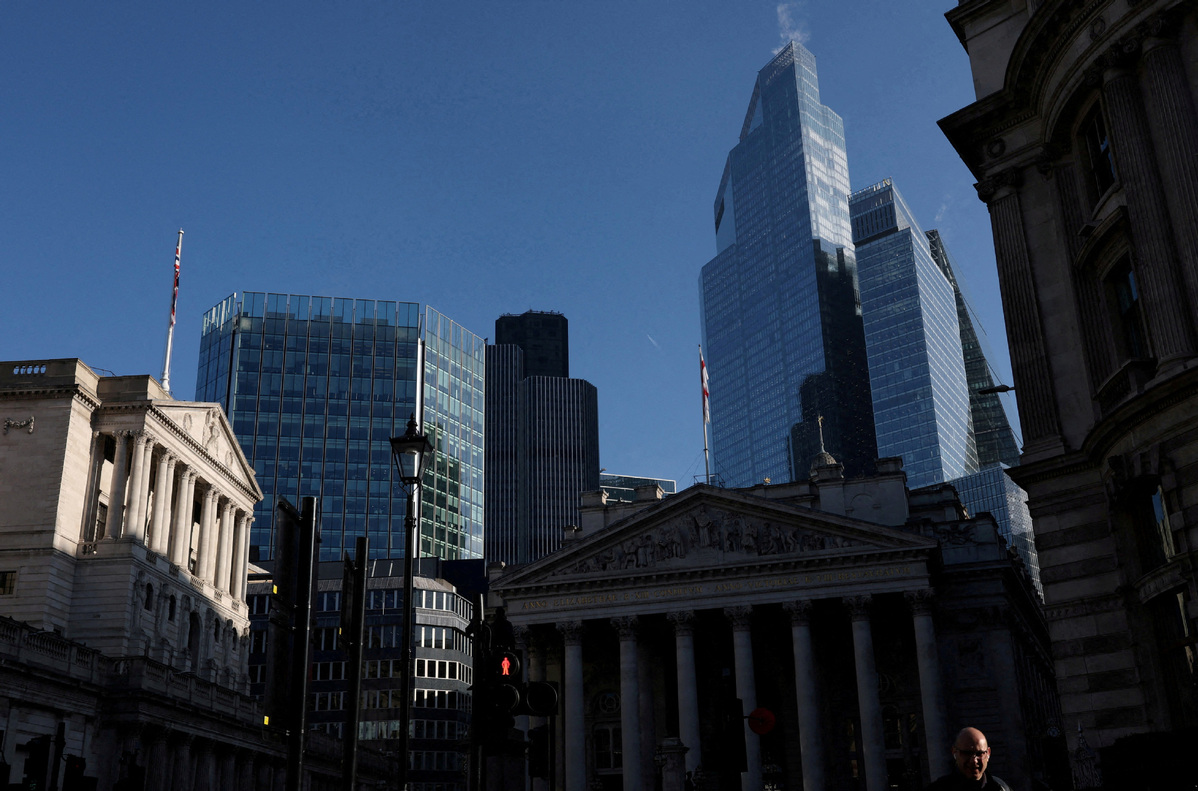
The Bank of England, or BoE, must reduce interest rates to 4 percent at its next meeting, in response to economic uncertainties stemming from United States President Donald Trump's trade tariffs, according to the bank's former deputy governor, Charlie Bean.
Bean insists bold action is necessary to address the consequences of Trump's trade strategy, which has wiped trillions of pounds from global stock markets and eroded both business and consumer confidence.
Speaking to The Guardian newspaper, Bean, who previously served as chief economist at the government's independent forecasting body, the Office for Budget Responsibility, predicted near-term uncertainty would lead companies to postpone investments and dampen consumer spending.
Prior to Trump announcing his tariff plan, Bean said he had consistently advocated for higher interest rates, but he suggested that the "crazy situation" unfolding in the US would significantly impact the UK economy, necessitating deeper rate cuts than previously anticipated.
"It is not just the tariffs that are the problem, it is the huge uncertainty these actions have created, delaying buying and investment decisions by businesses and consumers," he said.
The BoE's Monetary Policy Committee voted 8-1 to maintain the interest rate at 4.5 percent at its most recent meeting last month.
Market expectations indicated a quarter-point reduction to 4.25 percent is likely at its next meeting, which is scheduled for May 8, followed by two similar cuts later this year, bringing UK interest rates down to 3.75 percent.
But the central bank must make a bigger cut than the financial markets expect, said Bean.
Drawing on his experience during the 2008 financial crisis when he was at the Bank of England, Bean recalled: "In November 2008, the markets expected a 0.25-percentage point cut, or maybe a half-a-percent. But we were talking to our agents in the regions and they said business orders had fallen off a cliff. It was obviously a very serious situation.
"We surprised everyone with a cut of 1.5-percentage points. It was huge and it needed to be. The tariff situation is not of the same magnitude but this is a disinflationary shock and an event that the bank should react to, and react very strongly."
Financial markets are operating effectively and the UK banking system remains resilient amid the global economic turmoil caused by the US tariff program, UK Chancellor of the Exchequer Rachel Reeves said on Tuesday, citing a conversation with the Bank of England's governor.
jonathan@mail.chinadailyuk.com
















